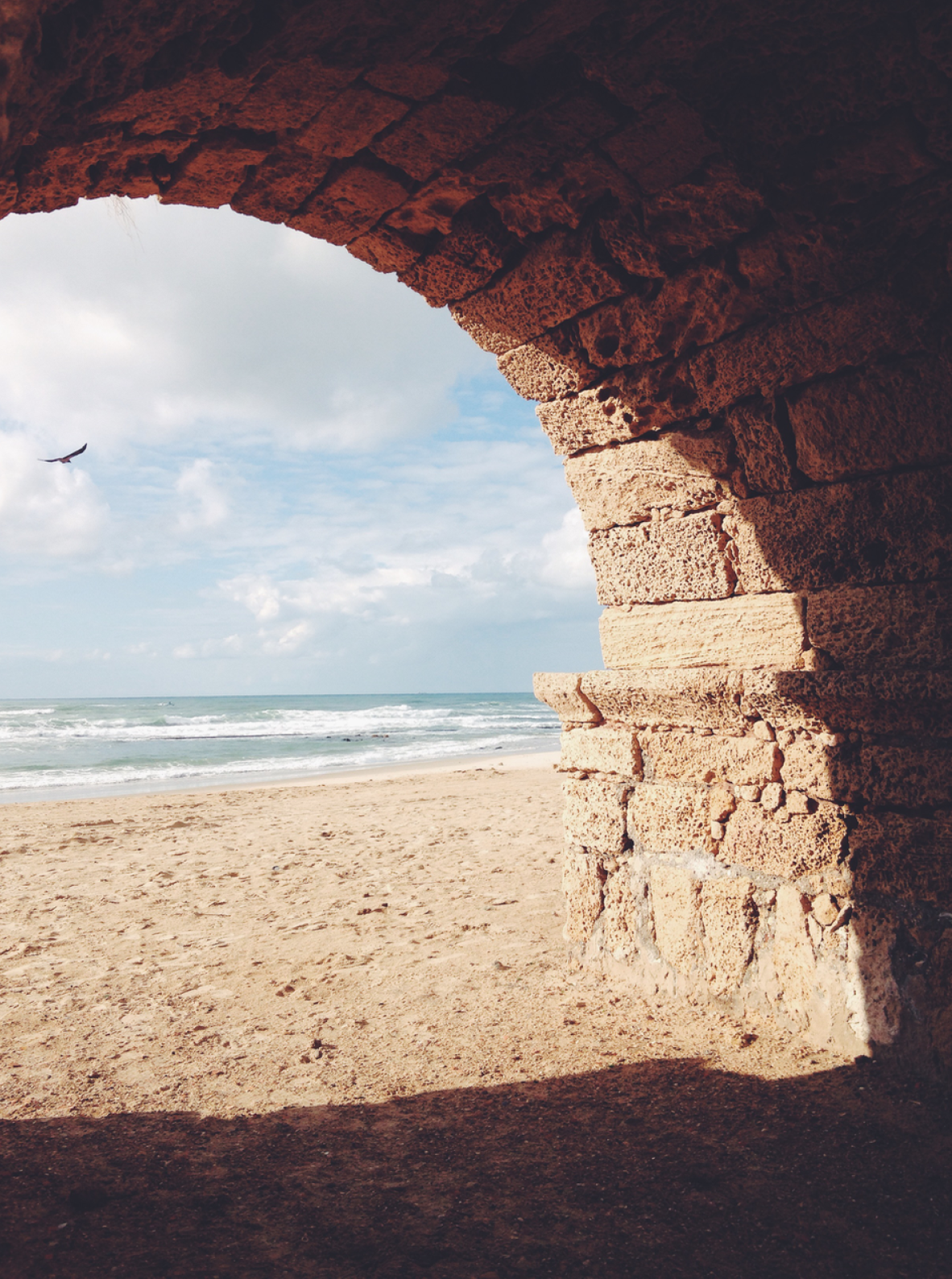Christians, Writing, Reading, and Faithfulness
Yesterday I asked a series of questions on social media and received some really humble, faithful responses. I wanted to share both the questions I asked and the answers I got for a few reasons today.
More than once a week I get a message from a reader asking how to start a blog or how to break into the publishing industry or my best book recommendation for writing. My answer is almost always the same: get people around you who won't lie to you or about you, and ask them what they think of your writing. If they gush yeses immediately, find more people to ask. You're looking for someone who says, "No." That's your person. Get close to that person. Annoy that person with your first drafts. Cry when they're hard on you, but then dry your tears and do one of two things: recognize that writing might not be your gift or go back to the drawing board. If you can do this for many years without any applause at all, then, perhaps start a blog. If you skip that, though, and go right to publishing because pressing publish has never been easier, expect the stumble to come. When it does come, don't make the same mistake you made in the beginning: this time listen.
As for my other advice, my friend Jeff Medders has a cool podcast called Home Row where he talks with writers about writing. Here's the interview he did with me where I answer more of those questions above in my signature rambling manner.
Below are the questions I asked on social media and some of the most piercing replies. I asked them without looking for specific answers, but simply to see if we're being thinking and thought-full people about these things. James 3:1 says this, "Not many of you should become teachers, my brothers, for you know that we who teach will be judged with greater strictness." If we presume to teach anything at all, we must accept the responsibility that comes with it. That should feel weighty. If it does not, we ought to flee because a belief in our authority without the weight of our responsibility is a dangerous place to be.
. . .
There's more information coming at us faster than ever before and more people telling folks to write, publish, produce, and share than ever before. The criteria for writing, publishing, etc. seems to be less and less a particular giftedness, and more and more simply a desire to tell a particular story or to be heard on a particular issue. What is the responsibility of the Christian in this?
Do we need to be more mindful of what we publish, as writers, editors, and publishers? Or more mindful of what we read as readers?
Do we need to learn to say "No" more? Or "Yes" more?
Do we need to be more concerned with quality and necessity than with quantity? Or is quantity important too?
Are we reaching the same audience with the same information ad nauseum?
How do we encourage the practice of restraint and of faithfulness in a quick-publishing world?
What are some of your best practices (or the best practices you admire in others) regarding writing and publishing?
Is there anyone in your life saying "No" regarding your own writing/publishing?
On Twitter here were some of my favorite responses:
@russramsey (one of my favorite art-makers in our field right now) has these great thoughts.
@tamarabainter said, "I think we are probably too quick to "validate" a gift in someone by encouraging them to publish. And I believe that in many ways an echo chamber has been created as everyone recommends/interviews, others who write/think similarly."
@tolivequietly said, "One practice I want to cultivate is to write for the people I know IRL--the people God has put in my circles and me in theirs."
@brittanynsalmon said, "Lately I've been asking myself, how does this gift serve the local church? So I've focused my efforts there rather than the public realm." Read the rest of her comments about how they're putting this to practice.
@chrisrshockley shared this quote from Tim Keller, which is one of my favorites.
@sethhaines said, "I think a lot about being a "non-anxious presence" in writing. If I can't be non-anxious in my writing (production), am I sober?"
@lisarwhittle is still adding some great thoughts here.
And over on Facebook, here were some great thoughts:
Shaina Cheever said, "To just chime in on the the question of should we just be "more mindful of what we read as readers"- I think as Christians, in the department of reading, the Bible is essential and everything else is optional. In terms of reading, nothing else is really necessary, but everything else can be used to shape your thinking in a myriad of ways. Whether it's thoughtful, good quality, true, or whatever. All that to say, I think there is a lot of freedom in what you choose to read as a Christian and how you read it (skimming, rereading, discussing with friends, critical, etc)."
I love the humility here from Melissa Affolter, "These are helpful questions and I'm grateful you (and others) are asking them. I love reading, writing and editing - each process for varying reasons. But it has left me confused at times in recent years when I see the degree to which people are publishing and promoting. I'm astounded at how fast things get pumped out. I don't possess any expert knowledge about the whole writing world, so I probably don't have any profound remarks. But I would say that I have found my writing more meaningful (on a personal level) when I focus on writing for those in my sphere of influence. Sometimes it's in a letter or email, or in the form of preparing to lead a discussion/study group. Other times, it's writing a chapter-style topical booklet for those I counsel. As I seek to articulate thoughts to those I love who God has placed near me, then I find that I am helped and challenged too. I used to really want to write for a living and even started pursuing it, but God never opened wide the way, and for me that has been the best thing. In the waiting and stepping aside, it's reminded me that most of what I think *needs* to be said has oftentimes already been said by someone else. Of course, I'll never stop reading, and I'm grateful for much of what is available. I just wish it would slow down a bit."
My friend Casey Chappell said this, "I also see the concern with when someone does have a great book within them and they pour decades of life experience and passion into it and it takes off (market wise) then they are asked to write another book in a years time and often aren't even sure what that book should be about much less having thought through and with great depth and research and experience. Just a pattern I'm seeing that I don't really find as helpful and insightful in the world of books."
Let's be good writers and good readers. Think on, friends, think on.















